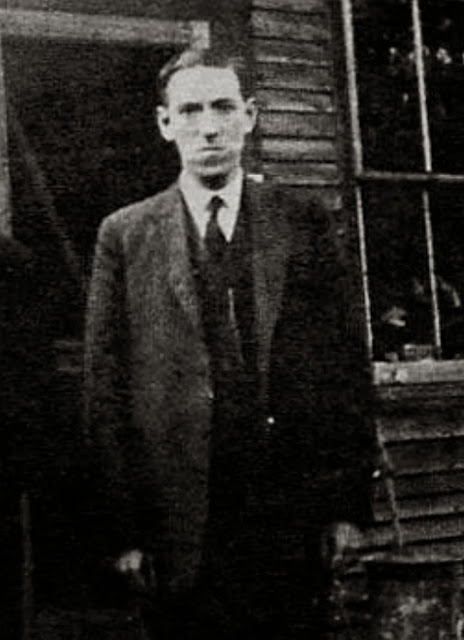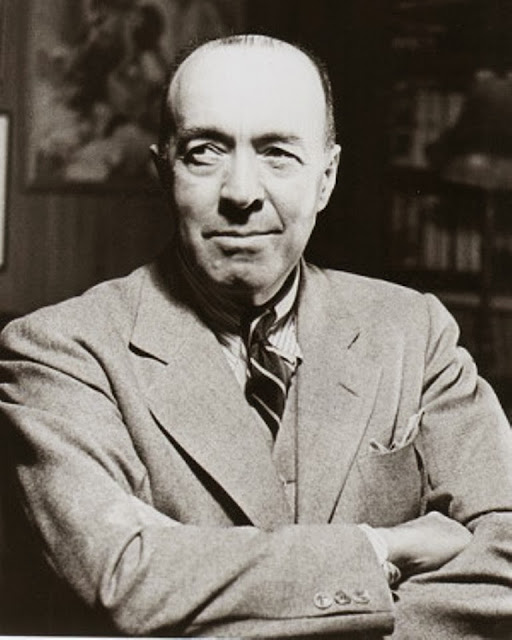
Se lo llevaron esta mañana. Daba un poco de pena las últimas semanas, sentando en su silla frente a la ventana, apenas sin poder moverse, dejando que los rayos del sol de la mañana le calentasen la piel, esa piel arrugada, tan vieja. Sin embargo su cabeza estaba bien, no podía casi hablar, pero eso era por el pecho, el pulmón que le quedaba casi corroído del todo no le daba aliento suficiente con el que hablar. Mentalmente estaba sano, muy sano. Mi padre siempre había tenido la cabeza llena de números, de ideas, de esas raras, aquellas que florecían en los viejos tiempos. Sabía incluso leer, fíjate en esos viejos tomos amarillentos, colección nova, antiquísimos. Solo pensar en desgastar la vista en ellos me cansa. Aunque ahora estaba muy separado de los tiempos era divertido. Se pillaba unos rebotes morrocotudos viendo la tele, empezaba a despotricar contra la programación actual. No sé qué tiene de malo, a mí me gustan las ejecuciones, son divertidas y educativas, y la niña también le gustan, se ríe mirándolas.
Por una parte da pena, a pesar que estaba ya muy mal, era lo único que me quedaba de mi juventud, aquellos años locos y felices, me gustaba sentarme frente a él y recordarle mucho más joven, los dos paseando por el retiro un domingo, viendo los títeres, el sol, las barcas, mucha gente riendo. Por otra parte, tenía que hacerlo, es lo normal, además de él dijeron que tenía un coeficiente 1,4, muy alto, no se puede desperdiciar un coeficiente 1,4. Yo apenas llego al uno. La niña, jugaban juntos... hoy me ha preguntado por él, ¿Dónde está el abuelo? Pobre, tendrá que aprender que yo soy lo único que le queda.
Nos hemos quedado sin su pensión, y volver a trabajar, no.. no lo logro, lo he intentando todo menos venderme.... tampoco es que me fueran a dar mucho, pero ahora las cosas cambiarán, tendremos dinero hasta para un médico y un colegio.
Es triste, no debería estar contenta, al fin y al cabo a él le hubiera gustado ayudarnos, me lo decía, que, si no fuera por la parálisis, por el asma, se levantaría y le ajustaría no sé qué cuentas a no sé cuántos opresores. No se daba cuenta el pobre de los beneficios de esta sociedad, la competitividad que nos hace mejores. Me acuerdo cómo se cabreó el día que Juan se marchó. Luego me arrepentí, por el dinero claro, pero entonces me sentí orgullosa de él. Hacía poco que había llegado a casa a vivir con nosotros. Juan se había mantenido al margen, refunfuñando, yo sabía que aquello no duraría, que Juan no tardaría en cabrearse de haber traído a mi padre a casa, a pesar de que su pensión era mayor que su sueldo de economista o quizás por eso mismo. Siempre se metía con él, cuando no le oía, claro. ¡Viejo de mierda! Era lo más suave. El viernes vino tarde, bebido, él y los de la oficina habían estado de cañas. Sabía lo que iba a pasar, lo sabía, sin embargo le dejé entrar, no sé por qué, quizás porque no me sentía tan desamparada con mi padre en casa. Entró y la emprendió a golpes con todo, incluida yo misma. No era la primera vez, solo que la rabia era mayor, los golpes más sañudos. No sabía ni dónde estaba, tendida en un charco de mi propia sangre bajo la mesa de la cocina, sin embargo lo vi perfectamente. Erguido, todavía fuerte pese a su vejez, plantándole cara a Juan, a la mala bestia de Juan. Bastó una mirada para acojonarlo, yo sentía la furia de mi padre, una furia que no era solo contra Juan, de alguna manera él era un símbolo de todo, la amargura de su vida actual. Fue rápido con el taburete, golpeó a Juan justo en la cabeza, partiendo el plástico, como disfrute de ese momento... a pesar que sabía que Juan se marcharía llevándose su sueldo, el futuro de la niña. Un momento de felicidad por años de terribles sacrificios. Con la pensión y el sueldo malvivíamos, solo con la pensión fue duro, muy duro.
A veces lo pienso... ¿Descansarán? ¿Sentirán? ¿Qué será de sus pensamientos tras la muerte? Dicen que no sienten nada, están muertos, pero dicen tantas mentiras, como que aquellas sustancias con las que trabajó mi padre eran inocuas. Tantos años después le comieron por dentro destruyendo sus nervios, sus pulmones, pero no su cabeza, su mirada altiva y clara aún en la silla de ruedas mientras lo limpiaba, le daba de comer, como desafiando a la misma muerte.














